, 8 September 2021
Towards comprehensive mobility approaches: marrying the inclusion, sustainability and the digital agendas
Theme
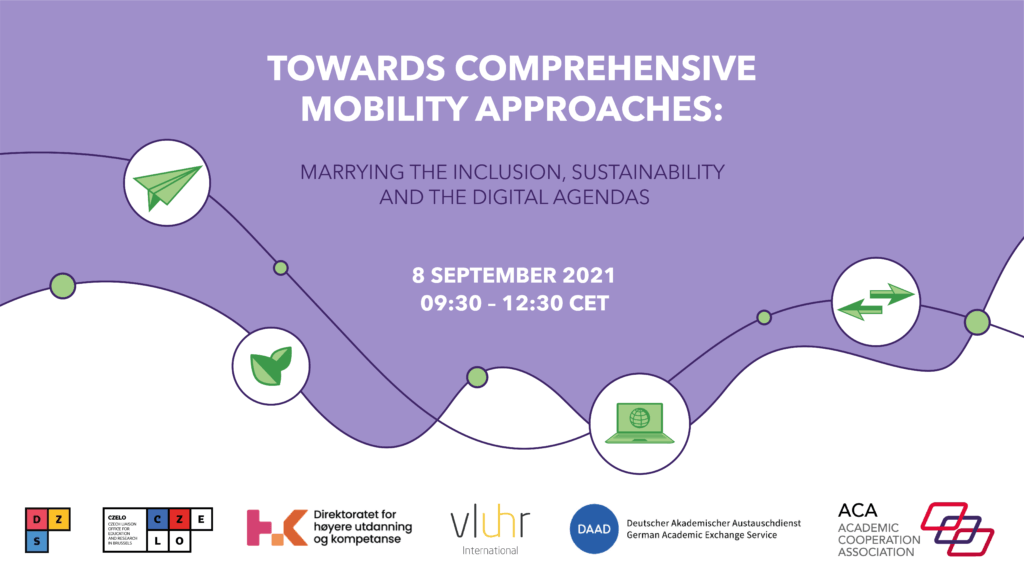 How to make international student mobility more inclusive? How to reduce the carbon footprint of physical mobility and create greener options? How to develop good-quality, digitally-enhanced models, that complement existing formats?
How to make international student mobility more inclusive? How to reduce the carbon footprint of physical mobility and create greener options? How to develop good-quality, digitally-enhanced models, that complement existing formats?
These questions, and many alike, have been driving the key developments and innovations in the area of international student mobility for the past years. They are also at the heart of most recent strategic documents at EU level, from the European Education Area Communication, to the upcoming European Strategy for Universities, and not least, of the Erasmus+ 2021-2027 programme.
Through this event – Towards comprehensive mobility approaches: marrying the inclusion, sustainability and the digital agendas – we’ll start connecting the dots, together with speakers from the European Commission, internationalisation funding agencies (ACA members) and networks of higher education institutions. We will investigate the potential tensions between these objectives, put forward constructive ideas and explore paths for how to deliver on the vision of international student mobility that is more inclusive, sustainable and digitally enhanced – all at once.
This event is co-organised by: ACA, the German Academic Exchange Service (DAAD), the Norwegian Directorate for Higher Education and Skills, VLUHR - Flemish Higher Education Council, and the Czech National Agency for International Education and Research – Czech Liaison Office for Education and Research in Brussels (DZS-CZELO).
Missed the event? Watch the recorded sessions from 8 September, 2021, below!
Watch the introductory speech by Ulrich Grothus, ACA President, and the first roundtable discussion, Why and how to marry the inclusion, sustainability and digital agendas in and through mobility?
Watch the second roundtable discussion, Towards comprehensive approaches – national and institutional examples:
Watch the final session where Gerhard Volz shares policy and practical takeaways for carving comprehensive approaches, and Ulrich Grothus, ACA President, closes the event:
Programme
|
08:45 – 09:30 |
|
|
09:30 – 09:45 |
Welcome & introduction Ulrich Grothus, Academic Cooperation Association (ACA) |
|
09:45 – 11:00 |
Moderator:
Panelists:
|
|
11:00 – 11:15 |
|
|
11:15 – 12:15 |
Moderator:
Panelists:
|
|
12:15 – 12:25 |
|
|
12:25 – 12:30 |
|
|
12:30 |
|
Speakers
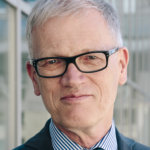 Ulrich Grothus is the President of ACA. Before his retirement in July 2018, he was Deputy Secretary-General and head of the Berlin office of the German Academic Exchange Service (DAAD). He obtained a master’s degree in Political Science at the Freie Universität Berlin in 1976. He then worked as a journalist before joining the International Division of the former West German Rectors Conference in 1982. He worked for DAAD from 1988 through 2018, first as spokesman and head of the president’s office. From 1991, he was consecutively director of all three DAAD program directorates, for the Southern and Northern hemisphere and for supra regional internationalisation programs. In between, he served as director of the Paris office from 1998 to 2000 and of the New York office from 2004 to 2008. Grothus speaks five foreign languages and has given three others a try.
Ulrich Grothus is the President of ACA. Before his retirement in July 2018, he was Deputy Secretary-General and head of the Berlin office of the German Academic Exchange Service (DAAD). He obtained a master’s degree in Political Science at the Freie Universität Berlin in 1976. He then worked as a journalist before joining the International Division of the former West German Rectors Conference in 1982. He worked for DAAD from 1988 through 2018, first as spokesman and head of the president’s office. From 1991, he was consecutively director of all three DAAD program directorates, for the Southern and Northern hemisphere and for supra regional internationalisation programs. In between, he served as director of the Paris office from 1998 to 2000 and of the New York office from 2004 to 2008. Grothus speaks five foreign languages and has given three others a try.
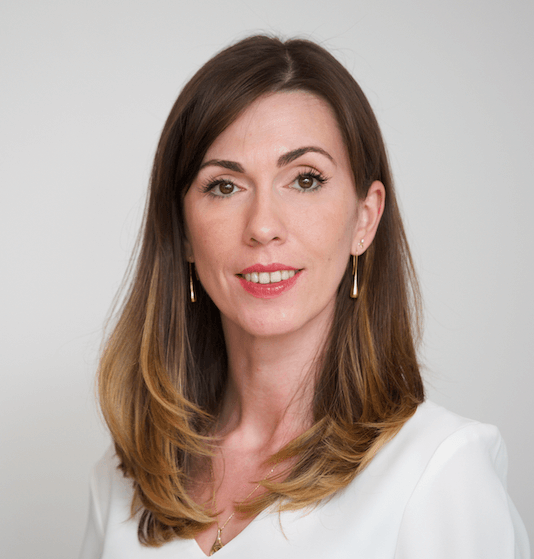 Irina Ferencz is the Director of ACA and works in international higher education since 2008. Irina has a specific expertise in the area of international student and staff mobility in the European context (data collections, trends, policies), as well as in planning, monitoring and assessing internationalisation activities at institutional and national level. She also has a growing interest in widening inclusion in internationalisation activities. Currently, she is also a PhD candidate at Ghent University, CHEGG, and an occasional reviewer for two higher education journals. She has authored and co-authored multiple publications in the field. Irina holds an MSc degree in European Politics and Policies (KULeuven, Belgium) and a Bachelor’s degree in International Relations and European Studies (Universitatea Babeş-Bolyai, Romania). She is a Romanian national, speaks several languages and calls Belgium ‘home’.
Irina Ferencz is the Director of ACA and works in international higher education since 2008. Irina has a specific expertise in the area of international student and staff mobility in the European context (data collections, trends, policies), as well as in planning, monitoring and assessing internationalisation activities at institutional and national level. She also has a growing interest in widening inclusion in internationalisation activities. Currently, she is also a PhD candidate at Ghent University, CHEGG, and an occasional reviewer for two higher education journals. She has authored and co-authored multiple publications in the field. Irina holds an MSc degree in European Politics and Policies (KULeuven, Belgium) and a Bachelor’s degree in International Relations and European Studies (Universitatea Babeş-Bolyai, Romania). She is a Romanian national, speaks several languages and calls Belgium ‘home’.
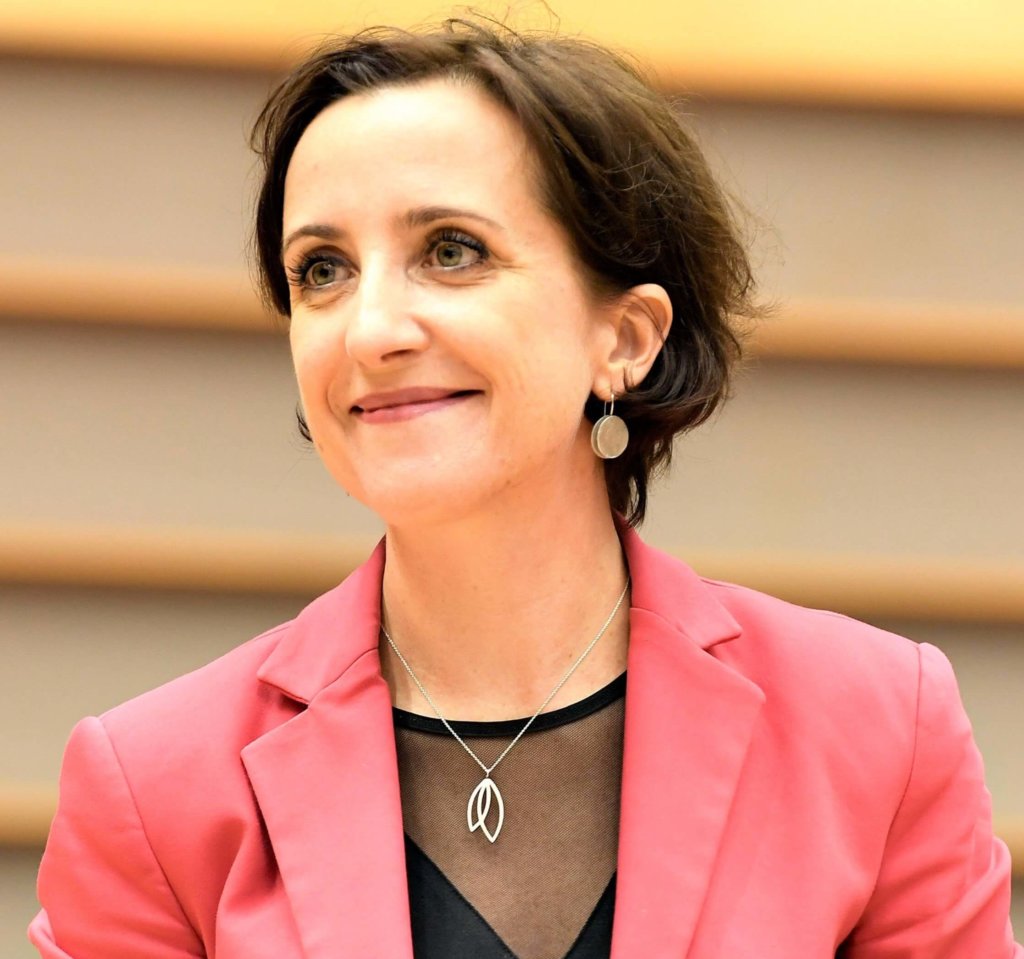
Vanessa Debiais-Sainton is Head of the Unit in charge of Higher Education policies and programme at the European Commission’s Directorate General for Education, Youth, Sport and Culture. The unit is the lead service for European policies on reform and transformation of higher education, the new European Universities initiative, automatic mutual recognition of higher education qualifications, the creation of the EU student card, and the higher education strand of Erasmus+. In previous posts in the European Commission, Vanessa has worked in DG Research and Innovation. Before moving to the European Commission in 2006, Vanessa spent eight years working for several petroleum and chemical companies.
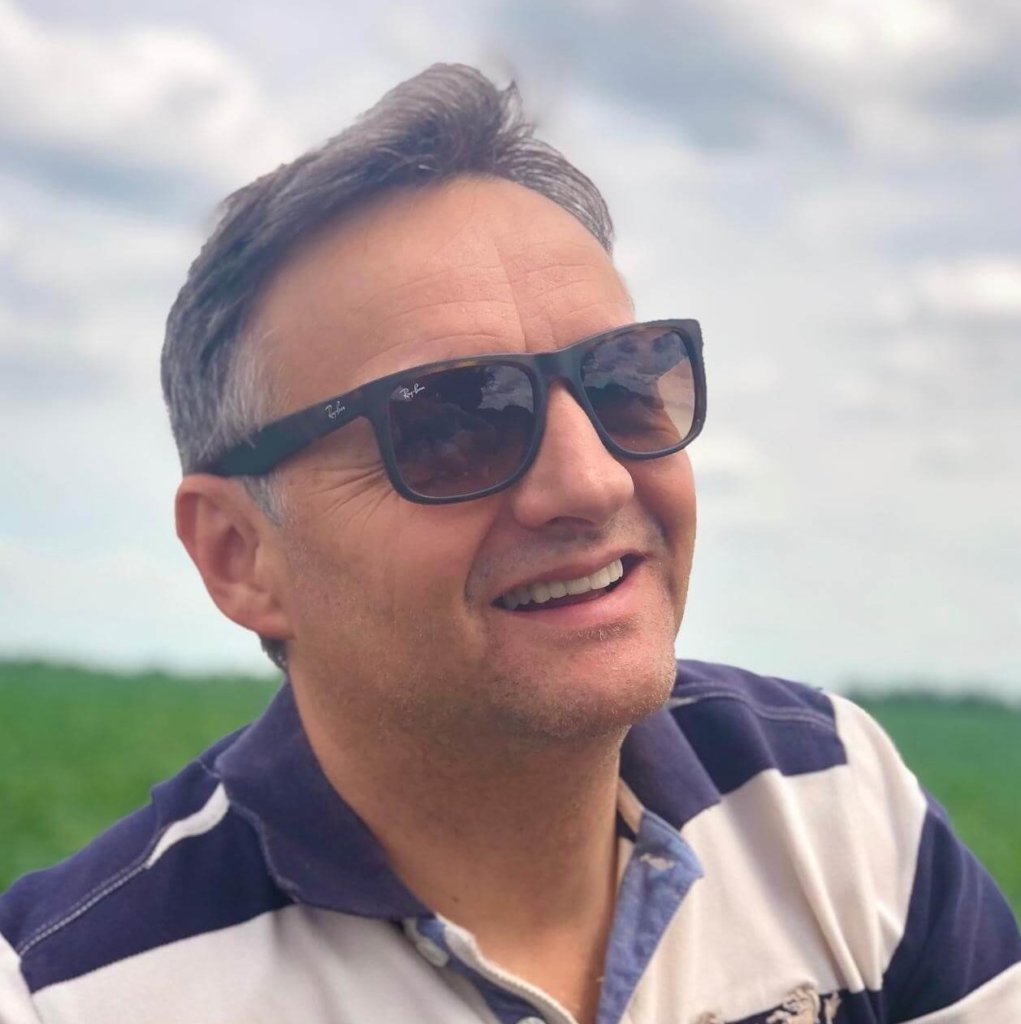 Filip van Depoele is an economist by training (University of Leuven, Belgium) and subsequently studied European Economic Integration (College of Europe, Bruges, Belgium) and International Relations (Johns Hopkins University, Bologna, Italy). He worked for a number of years in the private sector (banking) before joining the European Commission in 1997. Filip held several positions in the Directorate General for Employment and Social Affairs and the Directorate General for Competition before moving to the Directorate General in charge of Education, Youth, Sport and Culture. After having managed the Policy Coordination unit for 5 years, he is currently heading the International Cooperation unit.
Filip van Depoele is an economist by training (University of Leuven, Belgium) and subsequently studied European Economic Integration (College of Europe, Bruges, Belgium) and International Relations (Johns Hopkins University, Bologna, Italy). He worked for a number of years in the private sector (banking) before joining the European Commission in 1997. Filip held several positions in the Directorate General for Employment and Social Affairs and the Directorate General for Competition before moving to the Directorate General in charge of Education, Youth, Sport and Culture. After having managed the Policy Coordination unit for 5 years, he is currently heading the International Cooperation unit.
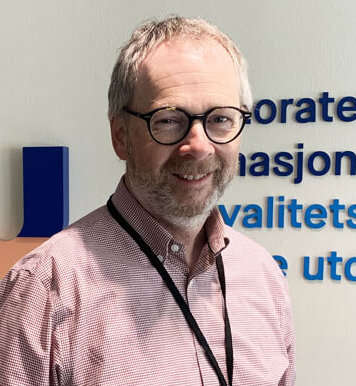 Vidar Pedersen is the European Programmes Director in the Norwegian Directorate for Higher Education and Skills. He is also the National Agency Director for Norway for the Erasmus+ programme in education and training. Pedersen has held various management positions in the Norwegian Directorate for Higher Education and Skills (formerly known as Diku) and its predecessors since 2004. Previously, he worked for the University of Bergen and the University of Agder. Pedersen studied English, German & Scandinavian languages and holds an MA degree in English from the University of Bergen. He has also studied in the U.S., where he was a Fulbright grantee.
Vidar Pedersen is the European Programmes Director in the Norwegian Directorate for Higher Education and Skills. He is also the National Agency Director for Norway for the Erasmus+ programme in education and training. Pedersen has held various management positions in the Norwegian Directorate for Higher Education and Skills (formerly known as Diku) and its predecessors since 2004. Previously, he worked for the University of Bergen and the University of Agder. Pedersen studied English, German & Scandinavian languages and holds an MA degree in English from the University of Bergen. He has also studied in the U.S., where he was a Fulbright grantee.
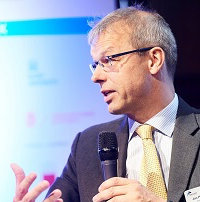 Jan Palmowski has been Secretary-General of The Guild since its creation in 2016. A contemporary historian, he started his career at the University of Oxford before moving to King’s College London where he taught European politics and EU integration. He was Head of the Faculty of Arts and Humanities at King’s College London (2008-12), and Pro-Vice-Chancellor and Academic Vice-President at the University of Warwick from 2013 to 2018. His wider international engagements include membership in the German Science Council’s Strategy Commission (2013-16), and the German Excellence Commission’s joint expert Group (2016-18). He also served on the Humanities panel of the Comparative Expert Assessment of Lithuanian Universities (2018), and currently chairs the International Advisory Board of the Université de Paris. Jan has published extensively about the history and politics of Germany during the 19th and 20th centuries. His latest book, entitled German Division as Shared Experience: Interdisciplinary Perspectives on the Postwar Everyday, was published in 2019.
Jan Palmowski has been Secretary-General of The Guild since its creation in 2016. A contemporary historian, he started his career at the University of Oxford before moving to King’s College London where he taught European politics and EU integration. He was Head of the Faculty of Arts and Humanities at King’s College London (2008-12), and Pro-Vice-Chancellor and Academic Vice-President at the University of Warwick from 2013 to 2018. His wider international engagements include membership in the German Science Council’s Strategy Commission (2013-16), and the German Excellence Commission’s joint expert Group (2016-18). He also served on the Humanities panel of the Comparative Expert Assessment of Lithuanian Universities (2018), and currently chairs the International Advisory Board of the Université de Paris. Jan has published extensively about the history and politics of Germany during the 19th and 20th centuries. His latest book, entitled German Division as Shared Experience: Interdisciplinary Perspectives on the Postwar Everyday, was published in 2019.
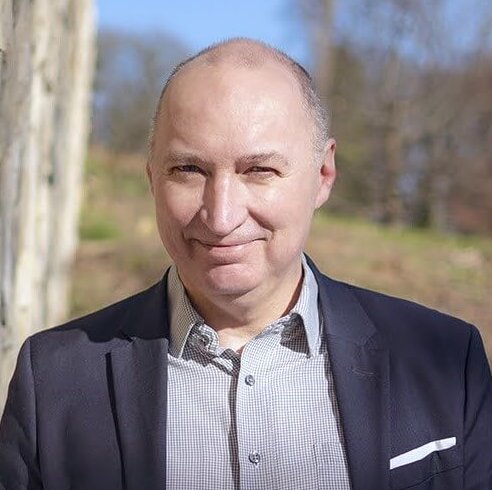 Jakub Tesař has been leading the Higher Education Department at DZS – Czech National Agency for International Education and Research since 2018. His unit supports comprehensive internationalisation of Czech higher education through the Erasmus+, governmental and inter-governmental scholarship programmes, the Study in the Czech Republic initiative, Czech Republic Alumni programme, and the Monitoring Internationalisation of Czech Higher Education (MICHE) project. Jakub is a co-author of the Ministry’s Internationalisation of Higher Education Strategy 2021+. Before obtaining his position at DZS, Jakub worked in the J. W. Fulbright Commission for 18 years. He received his Master’s degree at Prague University of Economics and Business in 1998.
Jakub Tesař has been leading the Higher Education Department at DZS – Czech National Agency for International Education and Research since 2018. His unit supports comprehensive internationalisation of Czech higher education through the Erasmus+, governmental and inter-governmental scholarship programmes, the Study in the Czech Republic initiative, Czech Republic Alumni programme, and the Monitoring Internationalisation of Czech Higher Education (MICHE) project. Jakub is a co-author of the Ministry’s Internationalisation of Higher Education Strategy 2021+. Before obtaining his position at DZS, Jakub worked in the J. W. Fulbright Commission for 18 years. He received his Master’s degree at Prague University of Economics and Business in 1998.
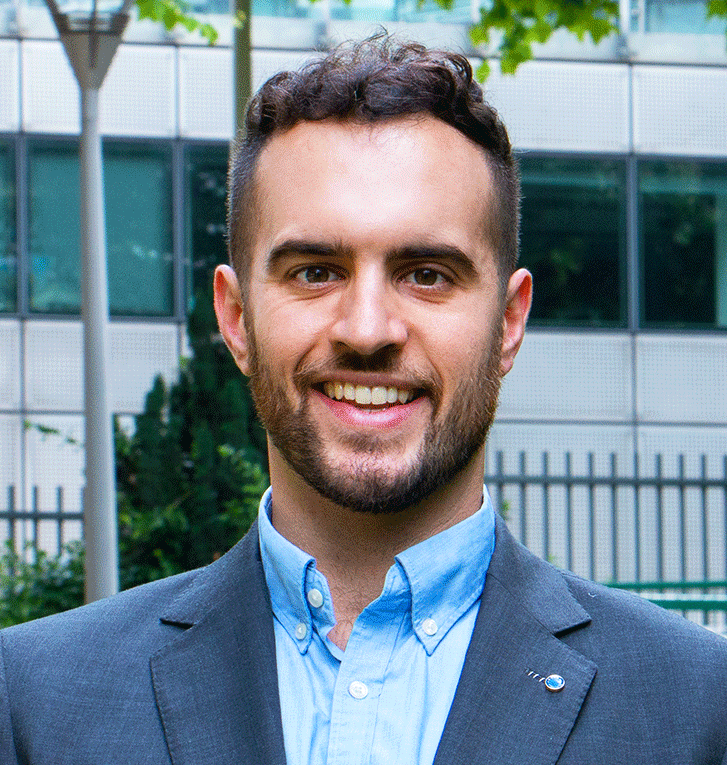 Juan Rayón is the president of the Erasmus Student Network. As president, he is responsible for the general coordination of the organisation, external relations, policy, and advocacy. His main priorities include increasing participation in learning mobility and fostering civic engagement and participation of young people in democratic life through the Erasmus programme. Before taking on his role as president of ESN, he was the president of ESN Spain and a Liaison Officer for Inclusive mobility of the Erasmus Student Network. He has a bachelor’s degree in Law from the University of Oviedo and is currently finishing two master’s degrees in International Law and European Studies. Juan did his Erasmus exchange in Istanbul and also participated in the European Solidarity Corps in Padova, Italy, where he worked for the youth office. He is from Asturias, northern Spain.
Juan Rayón is the president of the Erasmus Student Network. As president, he is responsible for the general coordination of the organisation, external relations, policy, and advocacy. His main priorities include increasing participation in learning mobility and fostering civic engagement and participation of young people in democratic life through the Erasmus programme. Before taking on his role as president of ESN, he was the president of ESN Spain and a Liaison Officer for Inclusive mobility of the Erasmus Student Network. He has a bachelor’s degree in Law from the University of Oviedo and is currently finishing two master’s degrees in International Law and European Studies. Juan did his Erasmus exchange in Istanbul and also participated in the European Solidarity Corps in Padova, Italy, where he worked for the youth office. He is from Asturias, northern Spain.
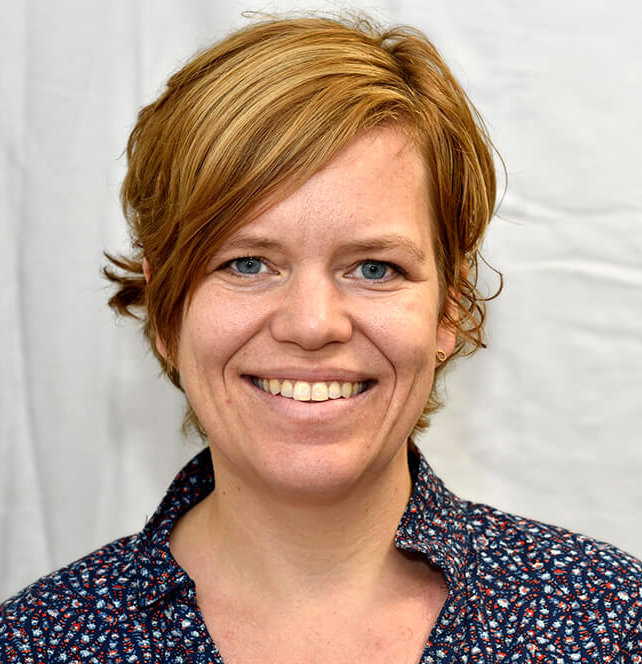 Ragnhild Solvi Berg is Senior Adviser at the Norwegian Directorate for Higher Education and Skills and has been working in the agency since 2004. At the time being, she is working at the recently established Norwegian Cooperation Office for Research, Innovation and Education (Norcore), as head of Brussels office. From 2010-1016 Ragnhild was seconded as a national expert to the European Commission, DG Education and Culture, where she worked as a policy officer in the unit for international cooperation and programmes. She holds a master’s degree in Social Anthropology from the University of Bergen.
Ragnhild Solvi Berg is Senior Adviser at the Norwegian Directorate for Higher Education and Skills and has been working in the agency since 2004. At the time being, she is working at the recently established Norwegian Cooperation Office for Research, Innovation and Education (Norcore), as head of Brussels office. From 2010-1016 Ragnhild was seconded as a national expert to the European Commission, DG Education and Culture, where she worked as a policy officer in the unit for international cooperation and programmes. She holds a master’s degree in Social Anthropology from the University of Bergen.

Michael Hörig is Head of Division Strategic Planning and supervises the work of five sections at the DAAD headquarters in Bonn, Germany: Higher Education Policy, Monitoring & Evaluation, Sustainable Development, German Studies and Studies & Research. Previously, he led the Section ‘Development Cooperation: Partnership Programmes, Alumni Projects and Higher Education Management’. From January 2011 to December 2014, Michael Hörig was Head of Section for ‘West and Central Africa and the Centres of African Excellence.’ Before joining DAAD, Michael Hörig was a programme manager at the European University Association (EUA) in Brussels, Belgium. He coordinated various European projects and contributed to policy development for the European Higher Education Area (EHEA). Having worked at the European Level before, Michael enjoys participating actively in EU funded projects. Within the project ‘European Union Support to Higher Education in the ASEAN Region’ (SHARE), he is active as an expert on Qualifications Frameworks.
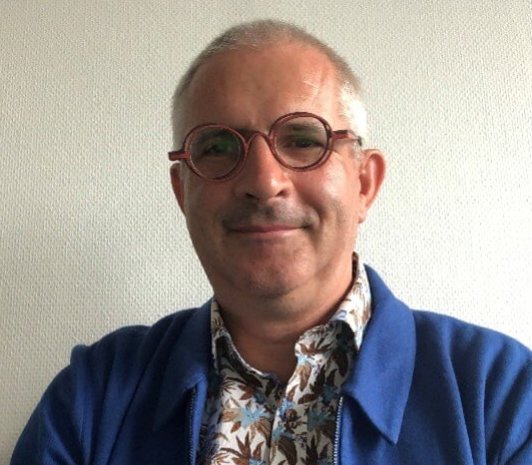
Frederik De Decker is currently the Head of the International Relations Office at his alma mater Ghent University. He also started his professional career in internationalisation there, more than 25 years ago, triggered by his own study abroad experiences in The Netherlands and Poland. Previously he had different responsibilities related to internationalisation and educational policy in various Belgian higher education institutions. Before returning to Ghent University he was head of the Office for educational development and internationalisation at Artevelde University Of Applied Sciences (2000-2006) and senior education advisor (advising the board in various educational policy matters) at the umbrella organisation Ghent University Association (2006-2014). He participates regularly as an expert in international projects, mainly dealing with internationalisation, educational development, qualifications frameworks and quality assurance. He also chairs and participates in various advisory boards re. these themes at the Flemish level, e.g. the Working Groups on internationalisation of the Flemish Education Council (Council for Higher Education) and the Flemish Interuniversity Council. His special interests are the concept of (international/intercultural) learning outcomes/competences; microcredentials; inclusive mobility and sustainable internationalisation.
 Sofia Lähdeniemi works currently as a Head of Unit for the unit for International Higher Education Cooperation at EDUFI (Finnish National Agency for Education). Her professional career since 2004 has involved working with various themes and tasks related to internationalization of higher education. At EDUFI Sofia has worked with mobility and cooperation programmes especially in Europe and Asia both in the framework of Erasmus+ and national funding instruments. She is also involved in the national follow-up- and development work for advancing internationalization within higher education. Sofia holds a master’s degree in social sciences and as true believer in continuous learning is currently studying for an MBA in knowledge management.
Sofia Lähdeniemi works currently as a Head of Unit for the unit for International Higher Education Cooperation at EDUFI (Finnish National Agency for Education). Her professional career since 2004 has involved working with various themes and tasks related to internationalization of higher education. At EDUFI Sofia has worked with mobility and cooperation programmes especially in Europe and Asia both in the framework of Erasmus+ and national funding instruments. She is also involved in the national follow-up- and development work for advancing internationalization within higher education. Sofia holds a master’s degree in social sciences and as true believer in continuous learning is currently studying for an MBA in knowledge management.
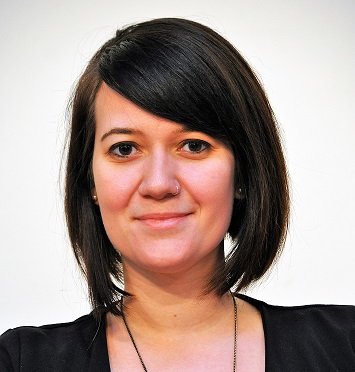
Luca Alexa Erdei is an assistant lecturer at the Institute of Research on Adult Education and Knowledge Management, Faculty of Education and Psychology, Eötvös Loránd University, as well as a mobility expert and work package co-lead within the CHARM European University Alliance. Her main area of research is the broad field of internationalisation of higher education, including the topics of internationalisation at home and organisational learning through joint degree programmes, the results of which she uses extensively in her development work.
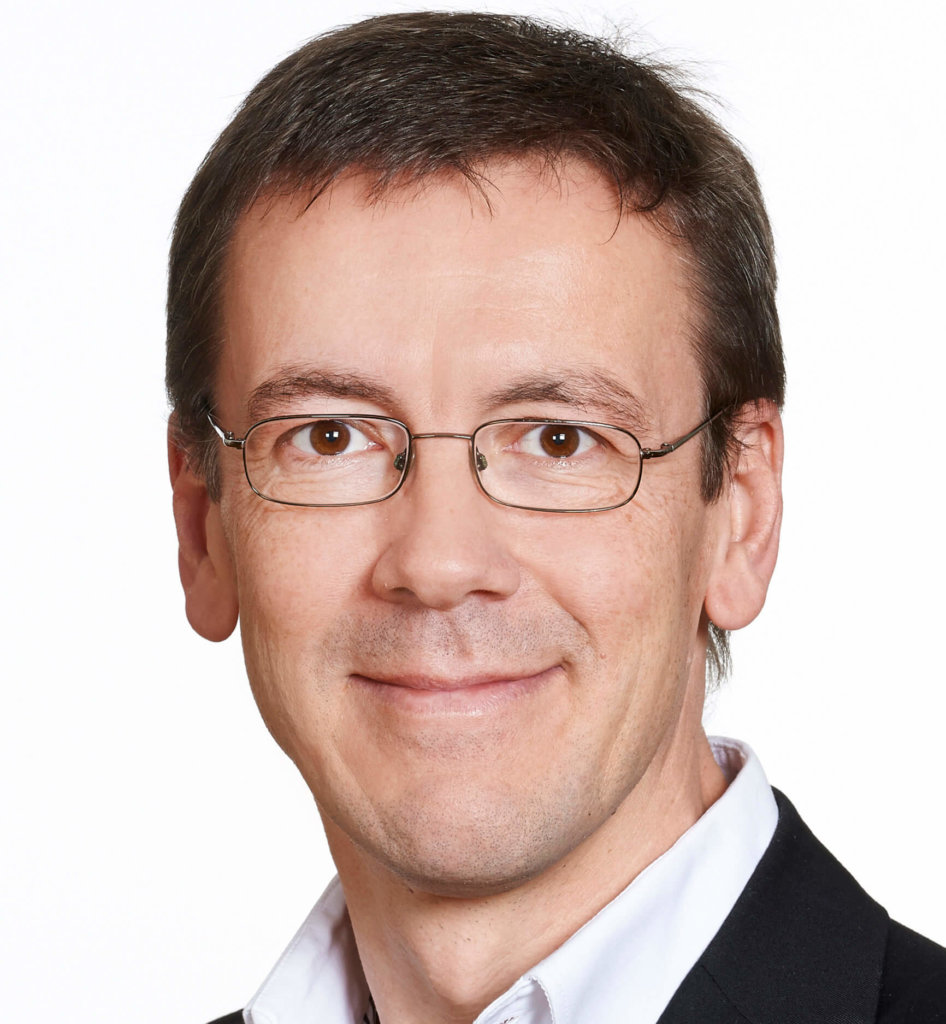 Gerhard Volz is Head of the Department for International Cooperation in Higher Education at the OeAD [Austrian Agency for Education and Internationalisation]. He is responsible for national and European support schemes in higher education, including Erasmus+ and Third Country collaborations, as well as additional initiatives such as Study in Austria, EURAXESS, and Bologna support projects. Working for the OeAD since 1998, Mr. Volz was initially responsible for higher education cooperation programmes and funding schemes for various regions, such as Central and Eastern Europe, as well as development cooperation programmes worldwide. Between 2007 to 2020 he was acting as Head of Section for Erasmus+ Higher Education and Deputy Director of the National Agency Erasmus+ Austria. Mr. Volz holds a Master’s degree in Political Sciences, History and Educational Sciences (University of Vienna). He has studied and participated in work-related activities in Europe, Caucasus, Asia, Africa.
Gerhard Volz is Head of the Department for International Cooperation in Higher Education at the OeAD [Austrian Agency for Education and Internationalisation]. He is responsible for national and European support schemes in higher education, including Erasmus+ and Third Country collaborations, as well as additional initiatives such as Study in Austria, EURAXESS, and Bologna support projects. Working for the OeAD since 1998, Mr. Volz was initially responsible for higher education cooperation programmes and funding schemes for various regions, such as Central and Eastern Europe, as well as development cooperation programmes worldwide. Between 2007 to 2020 he was acting as Head of Section for Erasmus+ Higher Education and Deputy Director of the National Agency Erasmus+ Austria. Mr. Volz holds a Master’s degree in Political Sciences, History and Educational Sciences (University of Vienna). He has studied and participated in work-related activities in Europe, Caucasus, Asia, Africa.

